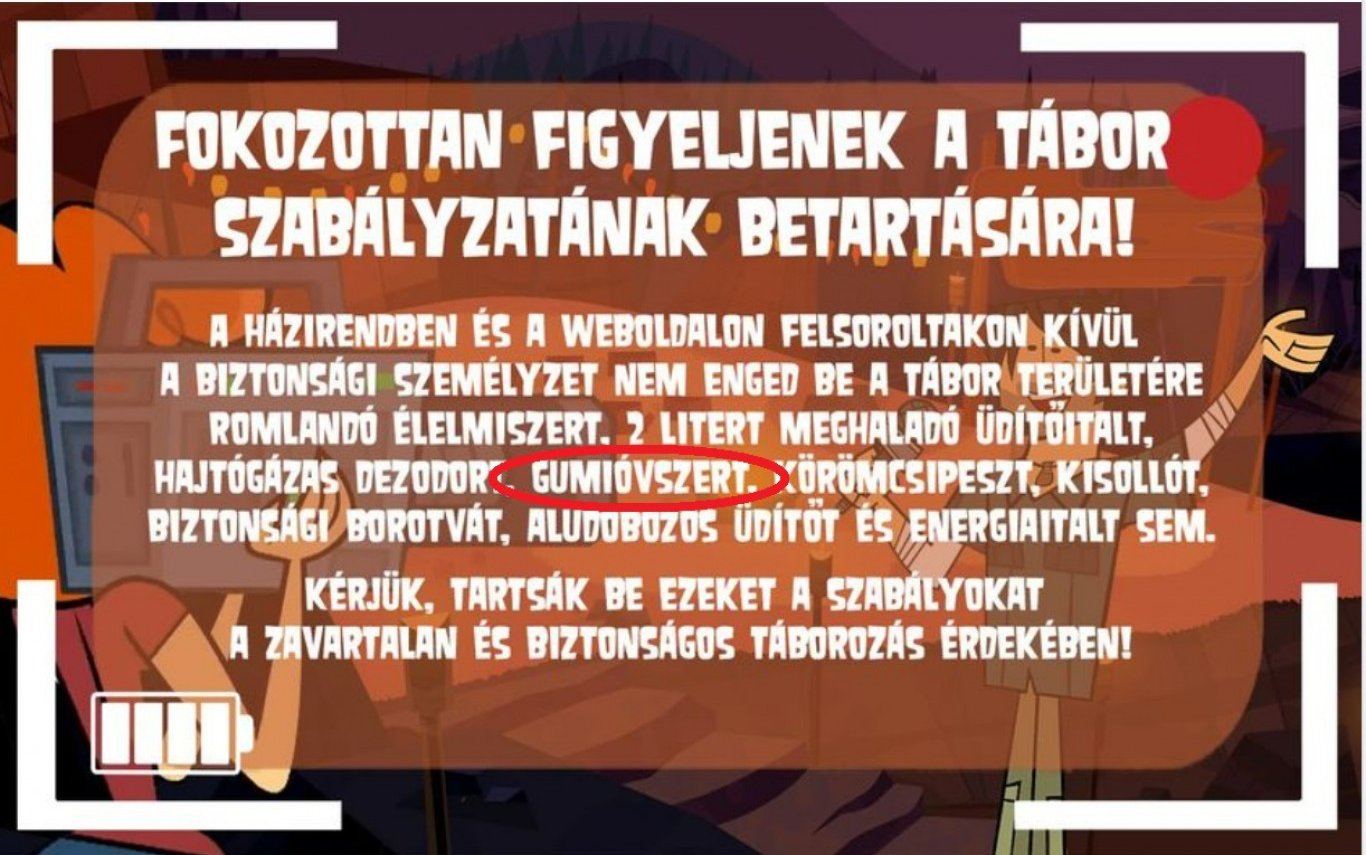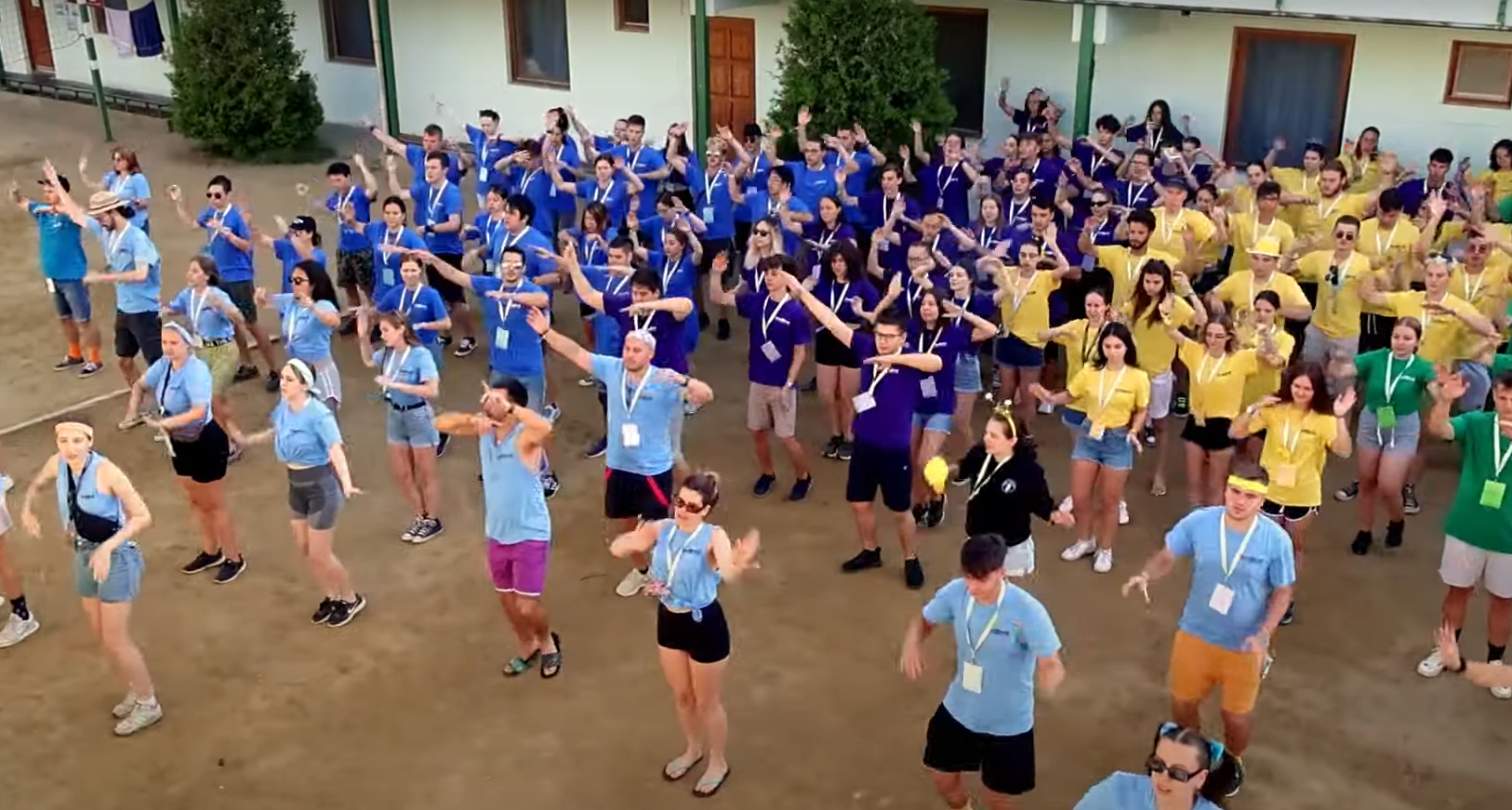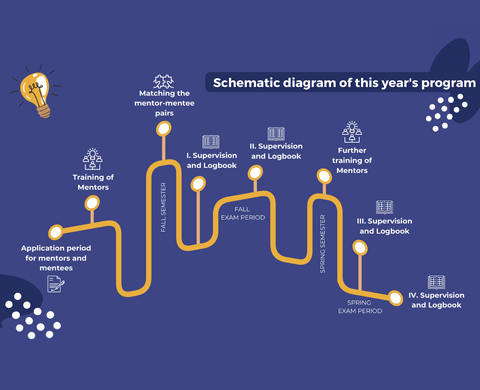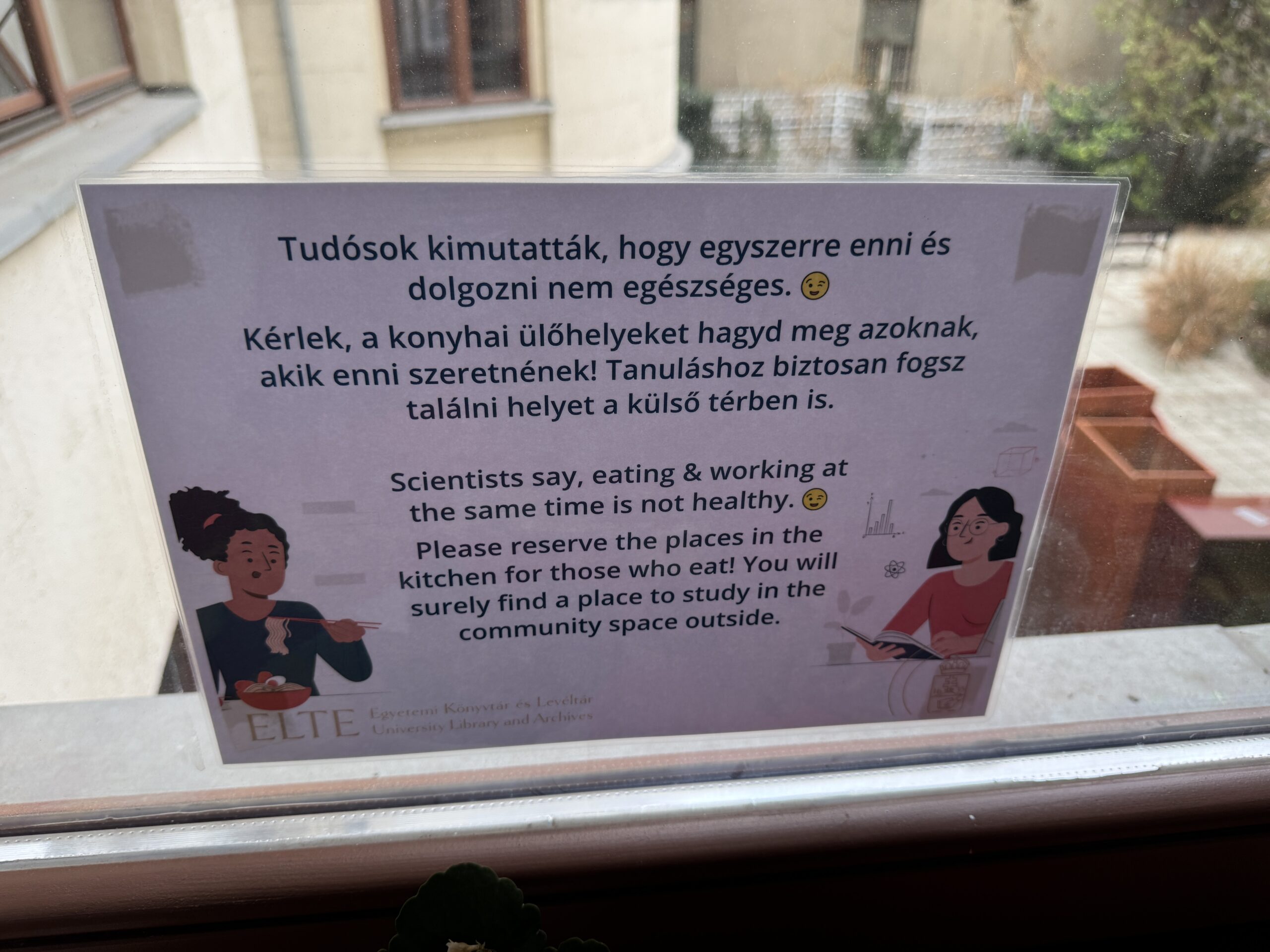Debates over the best way to encourage or discourage types of student behaviour are almost as old as universities themselves.
One way to inculcate in students the informal social rules is to get them together early and residentially – and as a result a tradition of Freshers Camps is strong in Hungary.
Their “gólyatáborok” are organized for new university students to help them integrate into student life. Activities include team-building games, workshops, icebreaker exercises, parties, and introductions to university traditions.
They’re pretty proud of them – they give students the chance to form friendships, provide practical information about university life, and ease the transition into that department or subject area. It’s a real builder of belonging – and most of the universities have the stats to prove it.
It’s one of the reasons that in Eurostudent – a pan-European student experience survey project – an impressive 80 per cent of students in Hungary answer yes to the survey’s academic belonging question: “I know a lot of fellow students with whom I can discuss subject-related questions.”
Over the years, the events have however faced controversies, including reports of hazing, inappropriate behavior, and lack of proper oversight, leading to calls for stricter regulations to ensure a safe and inclusive environment.
Earlier this year, for example, organisers of the camp at the Budapest University of Technology and Economics (BME) Faculty of Electrical Engineering and Informatics banned drinks exceeding two litres in volume, aerosol deodorants, nail clippers, small scissors, safety razors, aluminium canned drinks, and energy drinks.
But in an effort to discourage sexual activity, they also banned condoms.

Faculty President Kristóf Radácsi acknowledged that condoms are crucial in preventing unwanted pregnancies and sexually transmitted diseases:
However, we believe that avoiding sexual intercourse altogether is even more effective… this approach will ensure students leave the camp with positive memories.
If nothing else it generated a national debate – with Hungarian news site 44 pointing out that: “
After a spike in sexually transmitted infections among 15-24-year-olds in Britain last year, health authorities in the UK have urged university students to use condoms during freshers’ week.
Carry on camping
It was one of the stories that came up on Day One of the Wonkhe SUs study tour to the Visegrad countries, where a bus full of student leaders and SU staff are on a five day tour of over 30 students’ unions, guilds, associations, and infrastructure organisations.
As well as camps, over the course of our tours we’ve come across a number of group social mentoring approaches for new students.
The “fadders” in Sweden or the “tutors” in Finland ensure that groups of students get to know each other often before the academic year starts.
And depending on the university, SU or country we’ve been in, they often organise a bespoke first week for their group, deliver discussions on diversity and rights, or offer study skills into the first term.
The system at Budapesti Műszaki és Gazdaságtudományi Egyetem (Budapest University of Technology and Economics) is one of the more extensive of the schemes we’ve seen.
Groups of around 15 students are all allocated a mentor – whether in dorms or not – and they look after those students for pretty much the whole year.

Core training on the role is complemented by bespoke stuff in each faculty – and that means that as students approach exams season, they’re still meeting in their “stork” groups – and feel much better able to access the “hidden curriculum” of how to do well in their programme.
As in other countries, key is the idea of students being able to navigate the complexities of a large university and city – but also each other, instilling the idea of students serving and supporting others right from the start.
As ever, we asked what motivates students (who in Hungary are just as likely to be burdened by part-time employment) to take on the role.
It’s not academic credit here, and nor is it being paid – it is “because if you’ve been mentored, you either want to be the next hero” or “improve on how it was done for you”.
It’s the law
There were plenty of other mentor roles for students to put on their CV in the discussions on Day One.
The national union’s Mentor Programme pairs disadvantaged and multiply disadvantaged students with students from similar fields of study to support them during their first two semesters.
Mentors assist with academic and administrative navigation, provide information on scholarships and opportunities, and help mentees integrate into university life.
At BME, dedicated Faculty Equal Opportunity Mentors assist disabled students during their university studies, ensuring they understand their rights and get the adjustments they need to succeed on their course.

And at Semmelweis University, mentors are specifically trained on addressing the significant stress faced by students by identifying cases where peer support might be insufficient and then referring students into professional help through Student Counselling. Mentors themselves earn academic credit (that counts for their degree) for their contributions.
So core is the concept of group mentoring in HE in Hungary – as a way of building the capacity of the student body – that it’s even guaranteed in the country’s law.
Section 41 (1a) of the Hungarian Higher Education Act says that:
Mentoring… assists students by providing preparation with the help of students or lecturers of the higher education institution… Mentoring is aimed at promoting equal opportunities for students.”
Back to my roots
As well as helping others, the idea of deep roots into faculties was pretty consistent across the three universities’ SUs that we met on the first day.
The “foundational unit” of student representation here is almost always at the faculty level. Each has its own representative body (sometimes referred to as a sub-union or faculty HÖK), which focuses on issues specific to that faculty’s students.
This isn’t the central SU top-down electing a faculty convenor or rep – this is much more about thriving communities of students picking their leaders as building blocks for the bigger SU.
You get a real sense from meeting the officers in the central SUs that their experience in those bodies provides a strong basis on which to later run for university-wide roles – and rather than 1,000s of powerless course reps trying to operate independently, it means that a mixture of module feedback and faculty-level reps prioritising issues to be resolved from that data is both a more efficient and powerful way of doing student engagement in quality.
Those deep roots into communities within subject areas are also evident in the country’s system of “szakkollégiumok” (specialised colleges), which operate as independent student organisations within or affiliated with universities.

They function as elite, extracurricular institutions designed to provide advanced academic opportunities, personal development, and a strong community for high-achieving students.
This isn’t your ordinary academic society. There are socials – but the deeper aim is to deepen students’ academic knowledge beyond their standard university curriculum while building a culture of civic engagement and leadership.
They often collaborate to focus on interdisciplinary education, allowing students to explore topics that intersect with their primary field of study. They also encourage intellectual curiosity, research initiatives, and innovative thinking, with a strong emphasis on independent study and peer-to-peer learning.
They also have a strong record on social responsibility – requiring students to participate in community service, research projects addressing societal challenges, or public debates – making them incubators for future leaders and change-makers, and highly employable as a result.
The UK might not want to replicate their proud elite selection processes (often 4 times as many students apply to join as are allowed), and may not be able to replicate the tradition of these colleges having their own dorms – but there is a lot to learn about communities and academic identity building by looking around the websites of bodies like FAKT (“Professionalism. Community. Social responsibility”), the Építész Klub, the BME College of Mechanical Engineering, the Eötvös József Collegium or the EVK with its “Professional Teams” that work with the faculty and mentor companies so they can collaborate on real business projects with corporate professionals.
We’re off to Győr now where we’re promised a student pot roast. We’ll update the trip’s risk assessment on the way.





















